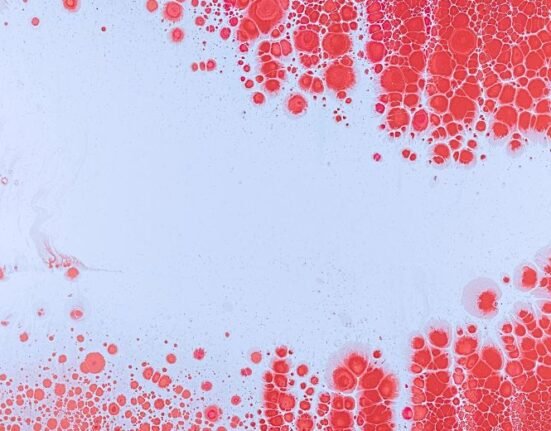HQ Team
October 25, 2022: Covid-19 shots are, for the moment, supplied free in most parts of the world. But the manufacturers are gearing up for a price hike following a slow uptake in booster shots and a general slowing down of vaccine urgency.
Last week, during an investor call, Pfizer revealed that it is considering charging a private-market price between $110 and $130 per dose in the US for its COVID shot Comirnaty, which was co-developed by BioNTech.
In all probability, the new almost quadruple price will come into effect in 2023, beginning when the stockpile of COVID vaccines will be exhausted, and a new agreement is signed. Pfizer said that the US will be forced to transition to a commercial model.
Since the availability of vaccines, governments worldwide have provided free shots to vulnerable sections of the population. Some governments have footed the bill totally for the citizens. The U.S. government has provided the vaccine for free.
Pfizer and BioNTech charged the American $30.48 per dose in June this year, an increase from a $24 price in July of 2021 to $19.50 per dose in July of 2020.
“Based on our current understanding, when we enter a traditional commercial model, anyone with commercial or government insurance who is eligible to be vaccinated should be able to access the vaccine without any out-of-pocket payments,” Angela Lukin, Pfizer’s U.S. president of global primary care, said during the call.
Pfizer pricing strategy
Pfizer laid out its commercial strategy for Covid-19 vaccines in early 2020. It set out broad access pricing as $19.50-per-dose with the U.S. for 100 million doses to be also used as the benchmark price in developed countries around the world. This was supposed to last till the Pandemic phase ( approximately till 2022) In the second, more seasonal phase for the vaccine, Pfizer anticipated a steady stream of repeat vaccinations over several years. During that time, Pfizer expected a return to regular supply channels and “a more value-based pricing approach.”
Pfizer said that one of the reasons for the price increase was that now it will provide vaccines in a single-dose vial as opposed to the current multi-dose vials. This change is because of “consumer preference,” Lukin said.
Another reason mentioned for the price increase was its “50/50 gross profit split” with BioNTech, and the reinvestment cost as the company continues to beef up manufacturing and develop the vaccine as the virus evolves.
Lukin said that upon commercialization, there are a “number of factors of uncertainty which make it difficult to predict uptake.” She added that the co-administration of flu and COVID shots have more than doubled to 40%.
Berenberg Capital Markets backed up the claim in a note to investors, saying its research indicated the same.
Comparing the pricing to other market shots, the cost seems reasonable. A flu shot costs ($50 or $95), Pneumovax 23 ($141), hepatitis ($145), meningitis ($179), shingles ($205) and HPV ($261).
Pfizer and Moderna both raised the price of their mRNA-based COVID-19 vaccines in Europe last year, according to The Financial Times. Pfizer’s cost went up to 23.15 per dose, while Moderna increased it to $25.50 per dose.
Moderna has not responded about how much it planned to charge for its COVID-19 vaccine Spikevax. It has signed a new pact with Gavi, a public-private partnership Vaccine Alliance, to supply Covid-19 vaccines to low-income countries.
Reuters reports that Wells Fargo analyst Mohit Bansal is surprised at Pfizer’s price range as he expected a $50 price tag. But he believes that it could add $2.5 billion to $3 billion in annual revenue for the company.








